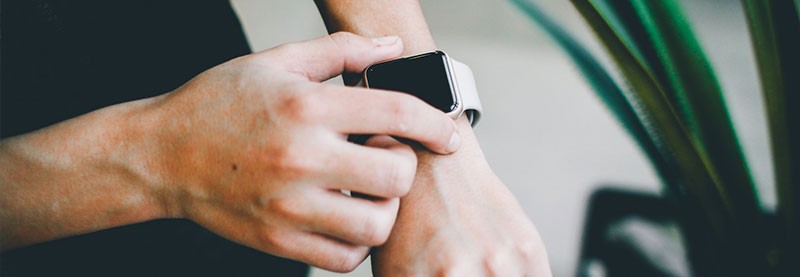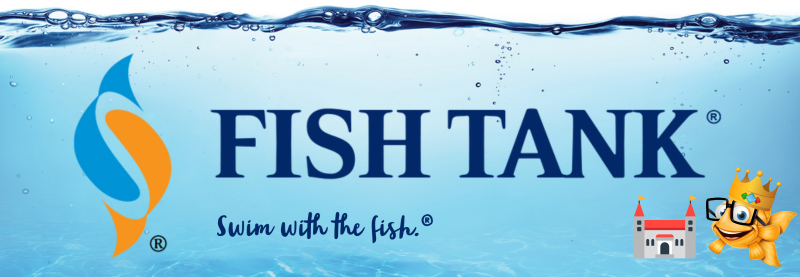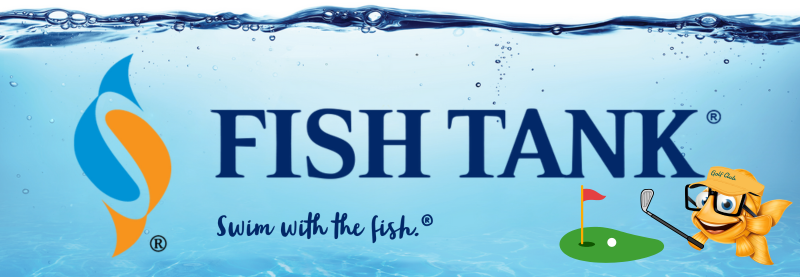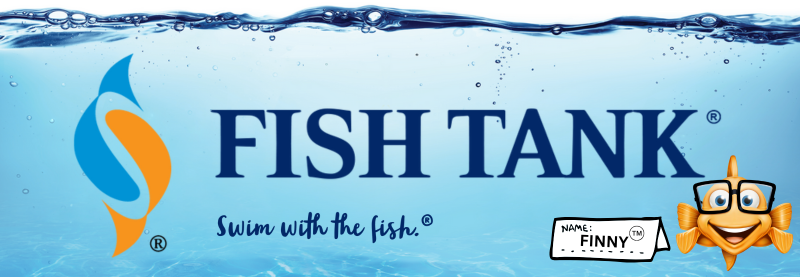Intellectual Property Insights from Fishman Stewart PLLC
Newsletter – Volume 23, Issue 28
Share on Social
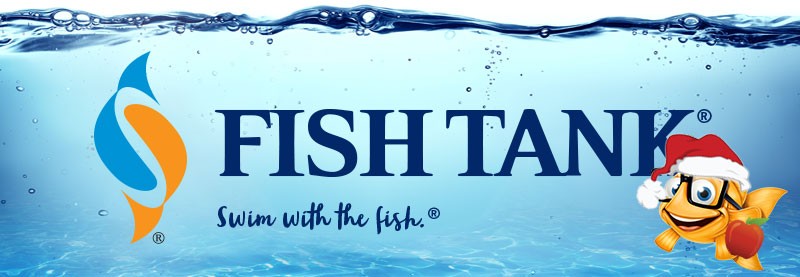
A Christmas Carol for Apple Watches: The Ghosts of Intellectual Property Past, Present, and Yet to Come
By Gregory Bussell
As last-minute shoppers dash to buy gifts for the holidays, they might encounter a snag in their plans as Apple smartwatches become elusive additions to their shopping lists. This Thursday, Apple is set to cease online sales of their popular Series 9 and Ultra 2 smartwatches, followed by a suspension of in-store sales on Christmas Eve.
The abrupt halt in smartwatch sales stems from an ongoing intellectual property dispute, thrusting Apple into a courtroom battle over proprietary rights to the health monitoring technology featured in their sought-after smartwatches. Playing the role of the Ghost of Intellectual Property Past in this legal saga is none other than the medical technology company Masimo, whose patents may come back to haunt Apple in its quest for increased Christmastime sales.
Masimo holds crucial patents pertaining to blood oxygen sensors, specifically U.S. Patents 10,912,502 (‘502) and 10,945,648 (‘648). The ‘502 and ‘648 patents, filed in 2020, have become the focal point of recent legal proceedings, compelling Apple to remove their smartwatches from shelves during the bustling holiday shopping season.
The Ghost of Intellectual Property Past paid a visit to Apple in October of this year, courtesy of a ruling by the US International Trade Commission (“USITC”). The ruling found Apple in violation of Section 337 of the Tariff Act of 1930. Section 337 allows the USITC to conduct an investigation to determine whether there is unfair competition in the importation of products into the United States.
Masimo’s ‘502 and ‘648 patents, both entitled “User-worn device for noninvasively measuring a physiological parameter of a user,” disclose inventions that utilize photodiodes and LEDs to conduct physiological measurements such as detecting oxygen levels.
Facing this legal setback, Apple is poised to appeal the ruling, unless they receive a reprieve from the Ghost of Intellectual Property Present, President Biden, who has the power to bring Apple good fortune this holiday season. Under the Tarriff Act, the USITC order becomes final after a two-month period, unless disapproved for policy reasons by a U.S. Trade Representative.
President Biden has delegated the review to U.S. Trade Representative Katherine Tai for consideration. Whether it comes from President Biden or Representative Katherine Tai, Apple awaits a veto that could ultimately allow Apple smartwatches to return to the shelves for those last-minute shoppers.
As Apple awaits the arrival of The Ghost of Intellectual Property Yet to Come, potential buyers may find assurance in making their purchases now rather than waiting for a resolution. In the spirit of seizing the moment, those considering an Apple smartwatch as a gift may find solace in the notion that a timely decision could be the key to securing a smartwatch before they potentially disappear from the market until the expiration of Masimo’s patents in 2028. Time, indeed, is of the essence, for this smartwatch brand.
Greg is an Associate with Fishman Stewart PLLC. Intellectual property law became Gregory’s focus due to its unique blend of creativity, innovation, and legal intricacies. Protecting the rights of creators, inventors, and businesses allows him to be at the forefront of promoting progress and innovation in various industries.
Related Content from Fishman Stewart
Despite her pseudo-legal background in Suits, Meghan has been running into one issue after another in her efforts to register the trademark and logo for her new lifestyle company, for now, called “AS EVER”.
By 1930, efforts began in New York to replace Mother's Day with Parent's Day because men were more than just breadwinners. Those efforts didn't catch on, probably because in that era, women often spent more time in the home.
In February, Nike and Skims announced that they will be working together on a new brand, NikeSkims. The co-brand will create a new line of training apparel, footwear, and accessories specifically designed to meet the unique needs of women athletes.
Generally, federal courts have exclusive jurisdiction over copyright cases, and often, this presents an insurmountable paywall for individual artists and small businesses to vindicate their rights, especially where the value of the individual copyrighted works are relatively low.
Dedicated to raising public awareness about the importance of encouraging innovation and creativity throughout the world, the World Intellectual Property Organization (WIPO) annually observes World Intellectual Property Day on April 26 to showcase the role that patents, trademarks, industrial designs, copyrights and trade secrets play in our everyday lives.
Hold onto your foam fingers, sports fans – college sports just got a whole lot more interesting! The latest updates to Name, Image, and Likeness (NIL) rules are making student-athletes bigger than ever, and it’s not just about the game anymore.
Did a federal court in Louisiana recently decide that US copyrights are global rights? It seems so.
L.A.B. Golf aims to protect its innovations, and therefore its market position, owning three patents for its zero-torque design. The question now is whether L.A.B. Golf can withstand the wave of copycat designs.
One of his most famous songs, “Lose Yourself” was recently at the center of a lawsuit. In 2019, Eminem’s publishing company Eight Mile Style sued Spotify claiming that Spotify streamed a number of its musical compositions without proper licenses.
Our latest article tackles three common trademark questions: 1. Can I trademark my own name? 2. Can I trademark the name of a fictional character? 3. Can I trademark the name of a U.S. president or British royal?
IDENTIFYING, SECURING AND ADVANCING CREATIVITY®


